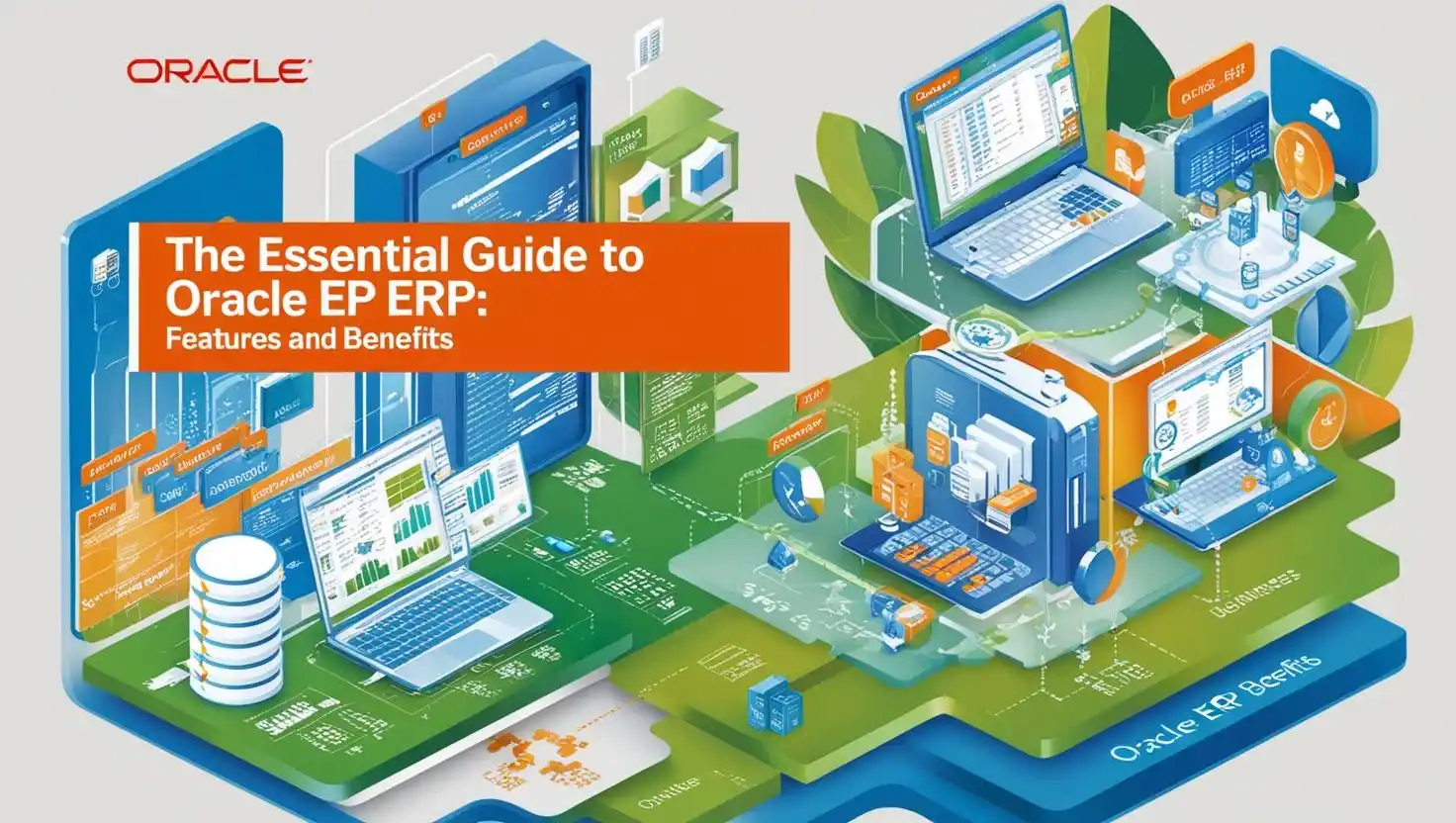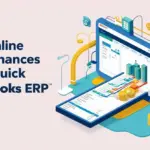In the fast-paced world of business, having the right tools to manage operations is crucial. One such tool that has gained immense popularity is the Oracle Enterprise Resource Planning (ERP) System. This powerful software suite helps organizations streamline their processes, improve efficiency, and make informed decisions. But what exactly is Oracle ERP, and how can it benefit your business? Let’s dive in!
What is an Enterprise Resource Planning (ERP) System?
At its core, an Enterprise Resource Planning (ERP) system is a type of software that organizations use to manage and integrate the essential parts of their businesses. An ERP software system can integrate planning, purchasing inventory, sales, marketing, finance, human resources, and more into a single system.
The Role of ERP in Business Operations
ERP systems play a vital role in business operations by providing a centralized platform for data management. This integration allows for better communication between departments, leading to improved efficiency and productivity.
Overview of Oracle ERP
History and Development of Oracle ERP
Oracle Corporation, founded in 1977, has been a pioneer in database technology and enterprise software. Over the years, Oracle has developed a robust ERP system that caters to various industries, providing comprehensive solutions that address the unique challenges businesses face.
Key Features of Oracle ERP
Oracle ERP is packed with features designed to enhance business operations. Here are some of the key components:
Financial Management
Oracle ERP offers advanced financial management tools that help businesses manage their finances effectively. This includes budgeting, forecasting, and financial reporting, ensuring that organizations have a clear view of their financial health.
Supply Chain Management
With Oracle ERP, businesses can optimize their supply chain processes. The software provides tools for inventory management, order processing, and logistics, helping companies reduce costs and improve service levels.
Project Management
Oracle ERP includes robust project management capabilities, allowing organizations to plan, execute, and monitor projects efficiently. This feature is particularly beneficial for companies that rely on project-based work.
Human Capital Management
Managing human resources is made easier with Oracle ERP’s human capital management tools. These features help businesses manage employee records, payroll, recruitment, and performance evaluations, ensuring that they can attract and retain top talent.
Benefits of Using Oracle ERP
Implementing Oracle ERP can bring numerous benefits to an organization:
Enhanced Efficiency
By automating routine tasks and providing real-time data, Oracle ERP enhances operational efficiency. Employees can focus on strategic initiatives rather than getting bogged down by manual processes.
Improved Data Accuracy
With a centralized database, Oracle ERP ensures that all departments have access to the same accurate information. This reduces the risk of errors and discrepancies, leading to better decision-making.
Scalability and Flexibility
Oracle ERP is designed to grow with your business. Whether you’re expanding into new markets or adding new product lines, the system can be scaled to meet your evolving needs.
Challenges of Implementing Oracle ERP
While the benefits are significant, there are challenges associated with implementing Oracle ERP:
Cost Considerations
Implementing an ERP system can be a substantial investment. Organizations must consider not only the software costs but also the expenses related to training, support, and potential downtime during the transition.
Integration with Existing Systems
Integrating Oracle ERP with existing systems can be complex. Businesses must ensure that their new ERP solution can seamlessly connect with other software applications to avoid data silos and inefficiencies.
How to Choose the Right Oracle ERP Solution
Selecting the right Oracle ERP solution is crucial for success. Here are some tips to guide your decision:
Assessing Business Needs
Before choosing an ERP system, it’s essential to assess your business needs. Consider what features are most important for your organization and how the software can address those needs.
Vendor Support and Training
Look for a vendor that offers comprehensive support and training. A good support system can make a significant difference in the successful implementation and ongoing use of the ERP system.
Future Trends in Oracle ERP
As technology continues to evolve, so too will Oracle ERP. Future trends may include increased integration of artificial intelligence (AI) for predictive analytics, enhanced mobile capabilities, and a greater focus on cybersecurity to protect sensitive data.
Conclusion
In conclusion, the Oracle Enterprise Resource Planning System is a powerful tool that can transform how businesses operate. By streamlining processes, improving data accuracy, and enhancing efficiency, Oracle ERP helps organizations stay competitive in a rapidly changing market. While challenges exist, the potential rewards make it a worthwhile investment for businesses looking to thrive. As we move forward, embracing the capabilities of Oracle ERP will be essential for sustained success in the business landscape.







